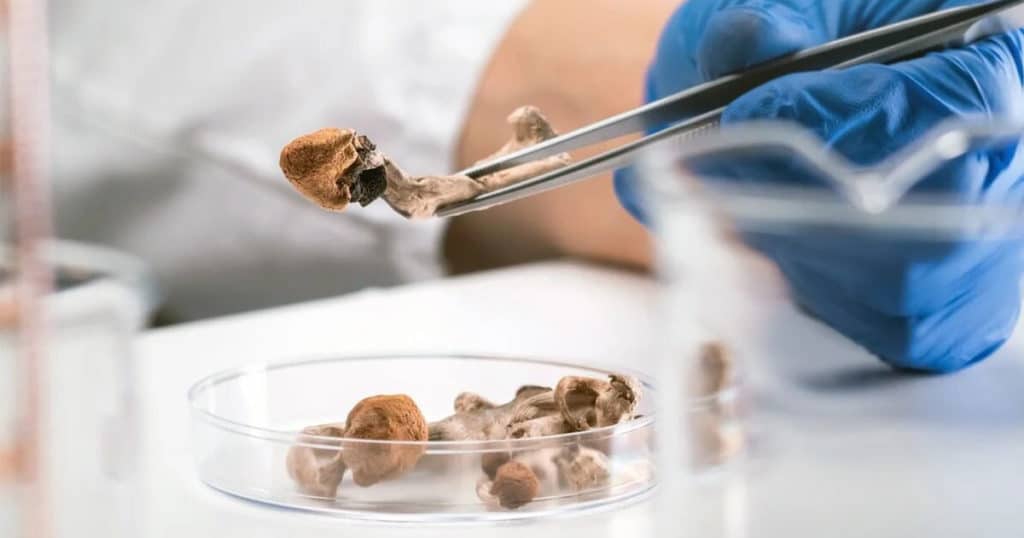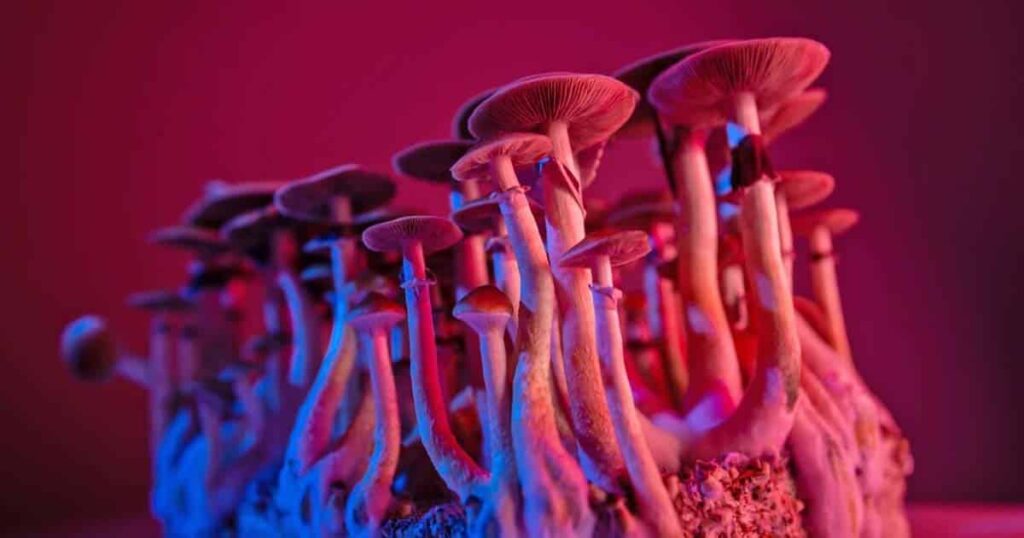Recently, there has been a growing movement to recognize the potential benefits of psilocybin, a naturally occurring psychedelic compound found in certain mushrooms, for treating various mental health conditions. However, despite promising research, psilocybin remains a Schedule I controlled substance under the Controlled Substances Act (CSA), which means it has a high potential for abuse and no accepted medical use.
Now, several groups have submitted petitions to the Drug Enforcement Administration (DEA) to reschedule psilocybin from Schedule I to Schedule II, a move that could make it easier for researchers to conduct clinical trials and for patients to access psilocybin-assisted therapy. This article will look closer at the leading players and groups involved in this effort and the supporting briefs they submitted to the DEA.
Petitioning For Psilocybin: Meet The Groups Pushing For Rescheduling
One of the leaders of the charge to reschedule psilocybin is the Multidisciplinary Association for Psychedelic Studies (MAPS). They are a nonprofit research and educational organization that has been studying the therapeutic potential of psychedelics for over 35 years. MAPS submitted a petition to the DEA in 2020, arguing that psilocybin has a “currently accepted medical use” and should be rescheduled to Schedule II.
Another group involved in the effort is the Heroic Hearts Project, a nonprofit organization supporting veterans who have undergone traumatic experiences. The Heroic Hearts Project submitted a petition to the DEA in early 2021, citing research on the potential of psilocybin to treat post-traumatic stress disorder (PTSD) in veterans. They argued that rescheduling psilocybin to Schedule II would “unlock the full potential of this molecule to improve the lives of millions of people.”
In addition, several other groups, including the Center for Cognitive Liberty and Ethics and the Drug Policy Alliance, have submitted supporting briefs to the DEA, urging the agency to reschedule psilocybin.

Voices Of Support: Briefs Highlighting The Therapeutic Potential Of Psilocybin
Psilocybin, the psychoactive compound found in “magic mushrooms,” is currently classified as a Schedule I drug in the United States, which means it has no useful medical use and a high potential for abuse. However, a growing body of research suggests that psilocybin has therapeutic potential for various mental health conditions. Several groups are petitioning the Drug Enforcement Administration (DEA) to reclassify the substance as Schedule II would allow for medical use with strict regulation.
One of the groups leading the charge is the Multidisciplinary Association for Psychedelic Studies (MAPS). Their supporting brief argues that a substantial body of evidence shows that psilocybin has therapeutic uses for depression, anxiety, and addiction. MAPS points to research studies demonstrating the safety and efficacy of psilocybin-assisted therapy and growing public support for using psychedelics in a clinical setting.
The Heroic Hearts Project is another group advocating for the rescheduling of psilocybin. Their supporting brief focuses on the potential of psilocybin to treat post-traumatic stress disorder (PTSD) in veterans. The group cites a growing body of research that suggests that psilocybin can help to reduce symptoms such as anxiety and depression in this population. Additionally, they argue that rescheduling psilocybin would allow for more research on its therapeutic potential, potentially leading to new treatments for PTSD and other mental health conditions.
Other groups like the Center for Cognitive Liberty and Ethics and the Drug Policy Alliance have also submitted supporting briefs. These groups highlight the potential benefits of psilocybin and argue that the current Schedule I classification is unjustified and impedes scientific research. They point out that other substances with similar risks and potential for abuse, such as cocaine and opioids, are classified as Schedule II, which allows for medical use with strict regulation.
In conclusion, there is a growing movement to reschedule psilocybin from Schedule I to Schedule II in the United States. Advocates argue that the substance has therapeutic potential for a range of mental health conditions and that its current classification impedes scientific research. As the DEA considers these petitions, it remains to be seen whether the growing body will convince them of evidence supporting psilocybin’s potential medical uses.

The efforts to reschedule psilocybin from Schedule I to Schedule II represent a significant step forward in recognizing the therapeutic potential of this compound. The supporting briefs submitted by various groups demonstrate a growing consensus among researchers and advocates that psilocybin should be made more accessible for clinical and research purposes. It remains to be seen how the DEA will respond to these petitions, but if psilocybin is rescheduled, it could have a profound impact on mental health treatments and research in the years to come.
Enjoyed that first hit? Come chill with us every week at the Friday Sesh for a freshly packed bowl of the week’s best cannabis news!

















